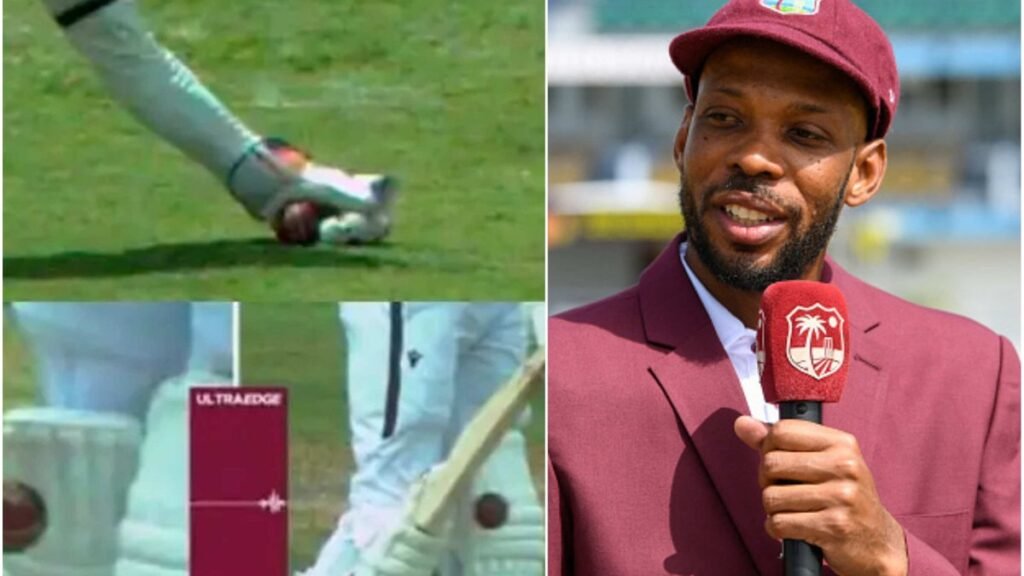
West Indies all-rounder Roston Chase has voiced his frustration over controversial umpiring calls in recent matches, calling for stricter accountability and potential penalties for glaring errors made by officials. His remarks reflect the growing sentiment among players that umpiring inconsistencies—especially those not overturned by the Decision Review System (DRS)—can seriously affect outcomes and morale in international cricket.
Chase, who has been an integral part of the West Indies setup across formats, made his statement following a string of decisions that went against his team during their ongoing fixtures. Without singling out any specific umpire or incident, Chase emphasized the broader issue: players are expected to maintain discipline, and failure to do so results in penalties. Therefore, umpires should be held to similar standards when their mistakes significantly influence the game.
“I just think that it should be an even playground in terms of when players step out of line, they’re penalised,” Chase said. “I think that there should be some penalty put in place when you have blatant decisions going against you.”
His call resonates with many fans and players who feel that umpiring errors often go unpunished, even when the ramifications are game-changing. In a sport where momentum can shift on the basis of a single decision, a wrong call—whether it’s an incorrect LBW, a missed edge, or a wrongly adjudicated catch—can mean the difference between winning and losing.
Chase’s remarks also underline the human element of the game. While cricket has embraced technology with the introduction of ball tracking, ultra-edge, and other tools, the final decision often still rests with the on-field umpires, especially in situations where DRS is either unavailable or used up. And when decisions go against teams at crucial junctures, frustration is inevitable.
For Chase and the West Indies, these grievances come amid a series where the team feels they’ve been on the receiving end of several such instances. The all-rounder’s suggestion is not to vilify umpires, but to bring more balance and fairness to the system. His proposal for penalizing officials for blatant errors opens a larger conversation about the transparency and accountability of officiating in international cricket.
Currently, umpires are subject to internal reviews by the ICC’s Elite Panel and Match Referees. However, the details of these evaluations are rarely made public, and corrective actions—if any—remain behind closed doors. Players, on the other hand, are fined, suspended, or publicly reprimanded for even minor offenses. Chase statement pushes the agenda of parity between those who play and those who officiate.
His comments also arrive at a time when the role of DRS is being widely debated. In some series, especially involving teams with less financial or broadcasting reach, DRS is either partially implemented or not available at all. This inconsistency deepens the disparity Chase refers to and weakens the pursuit of fairness in global cricket.
In conclusion, Roston Chase comments reflect a growing concern among international cricketers. His call for a level playing field and accountability in umpiring is not merely a complaint but a request for the game’s stakeholders to reflect and reform. If cricket is to uphold its reputation as the “gentleman’s game,” then fairness must extend not just to players, but to every decision that defines the sport.
For more news updates and videos, subscribe to 12B Sports India Youtube

